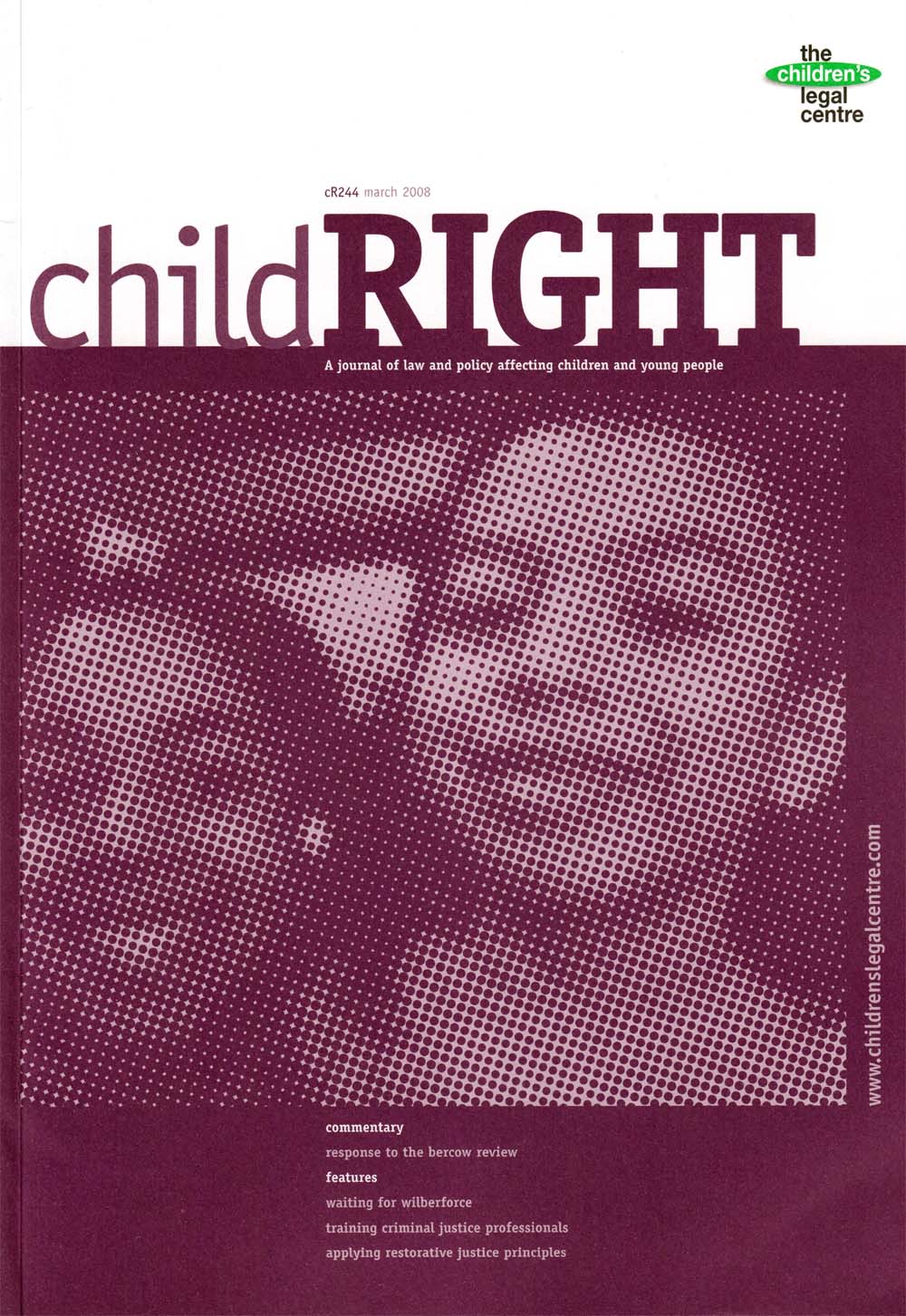According to the preamble to the UN Convention on the Rights of the Child, children should grow up in a family environment, in an atmosphere of happiness, love and understanding. In addition, Article 20 UNCRC provides that state parties ‘shall provide special protection and assistance to children who no longer have a family or who are temporarily deprived of their family’. These children have the right to alternative care, provided by the state. Article 20 lists four possible types of alternative care: foster care, kafalah (a form of open adoption recognised is Islamic law), adoption or, should other options not be available, placement in a suitable institution for the care of children.
Despite the clarity of the CRC regarding the responsibilities of States towards children who live without their parents, many children – having lost one or both parents as a result of the HIV/AIDS pandemic, armed conflict and genocide – find themselves without any protection or assistance whatsoever. While the UNCRC provides a framework for a child protection system, it does not provide States with comprehensive and detailed guidelines. This lack – and the rapidly increasing number of children living without their parents – has given rise to a call for an internationally-accepted instrument.
Click on the image for the full text






Leave a Reply
Want to join the discussion?Feel free to contribute!